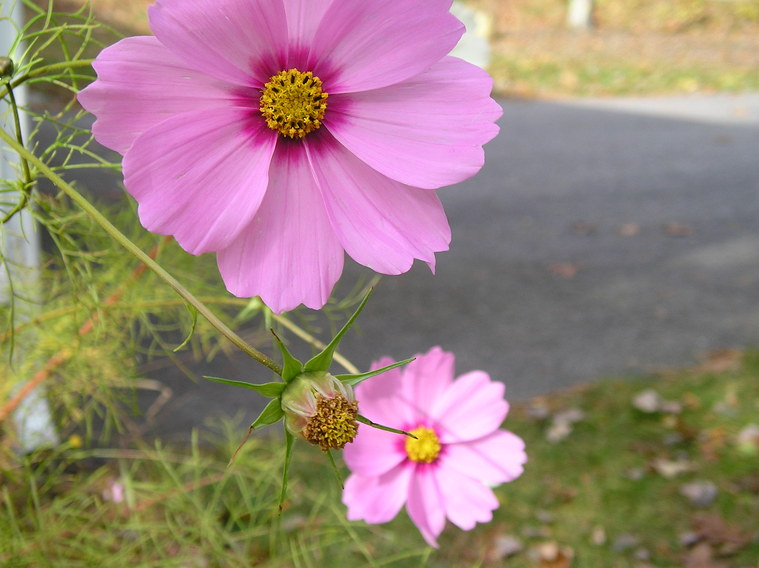Mindfulness in its totality has to do with the quality of awareness that a person brings to everyday
living; learning to control your mind, rather than letting your mind control you. Mindfulness as a practice
directs your attention to only one thing, and that one thing is the moment you are living in. When you
recognize the moment, what it looks like, feels like, tastes like, sounds like – you are being mindful.
Further, mindfulness is the process of observing, describing, and participating in reality in a nonjudgmental
manner, in the moment and with effectiveness. At the same time, mindfulness is the window
to acceptance, freedom, and wisdom.
Mindfulness Skills have emerged as an important focus of several empirically supported treatments. Dialectical Behavior
Therapy for borderline personality disorder, mindfulness-based cognitive behavior therapy for depression, and mindfulness-based
stress reduction are based in mindfulness. The roots of mindfulness practice are in the contemplative practices common to both
eastern and western spiritual disciplines and to the emerging scientific knowledge about the benefits of “allowing” experiences rather
than suppressing or avoiding them.
Mindfulness is a state of active, open attention on the present. When you're mindful, you observe your thoughts and feelings from a distance, without judging them good or bad. Instead of letting your life pass you by, mindfulness means living in the moment and awakening to experience.
Estelle Thibodeau
Licensed Independent Clinical Social Worker
(603) 941-4878
Licensed Independent Clinical Social Worker
(603) 941-4878
CKR
